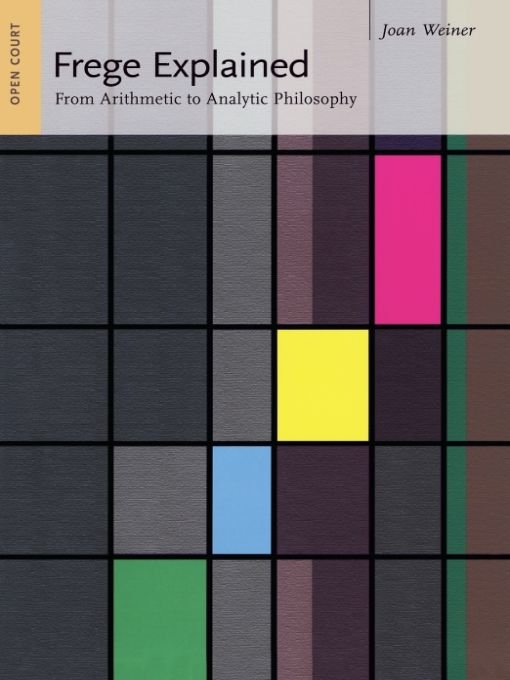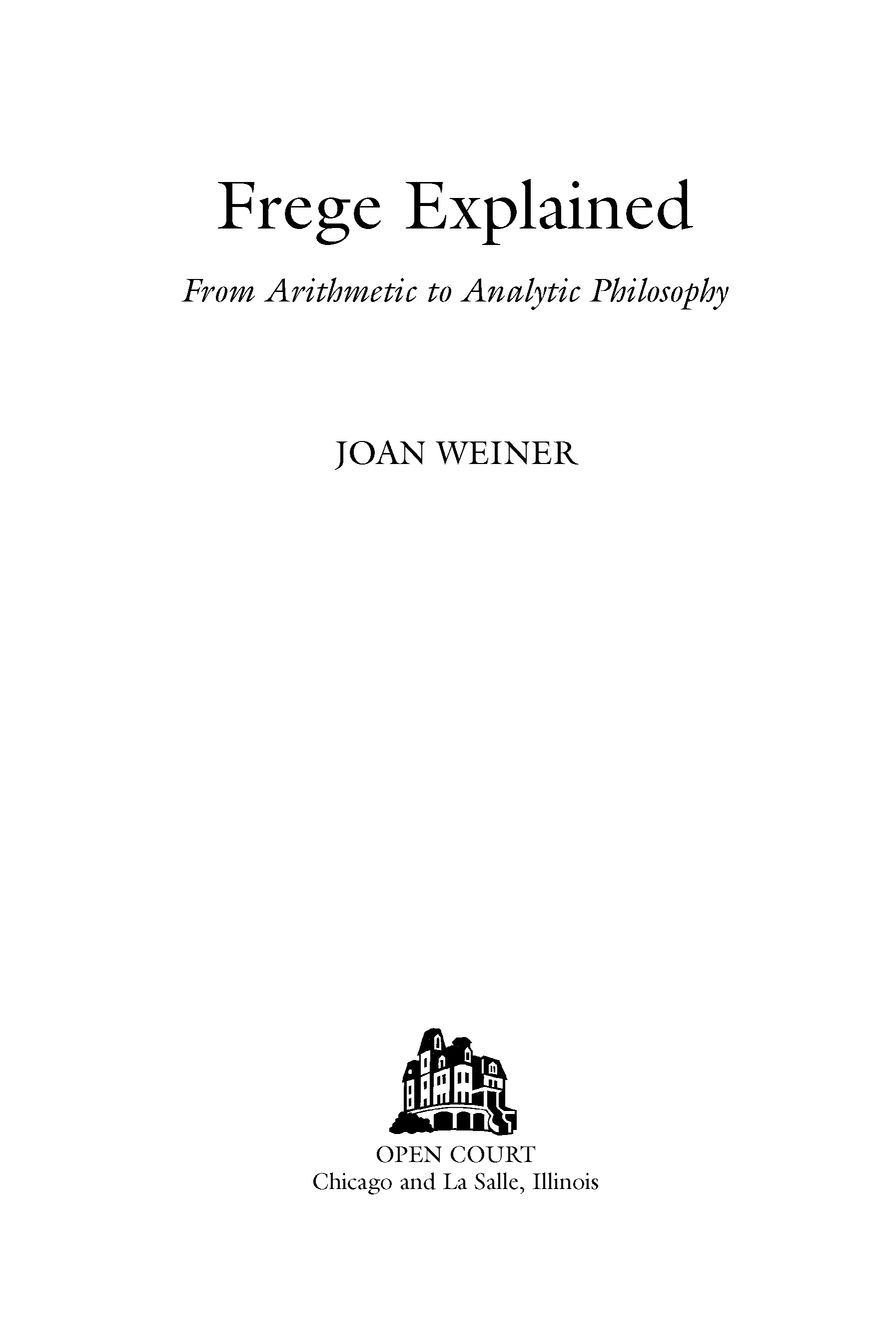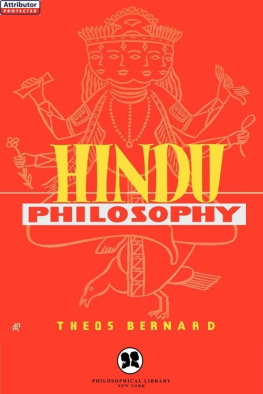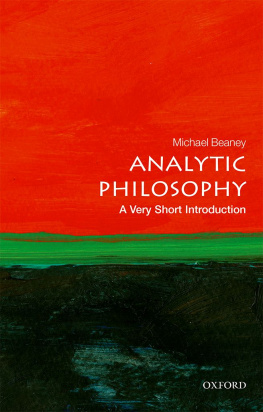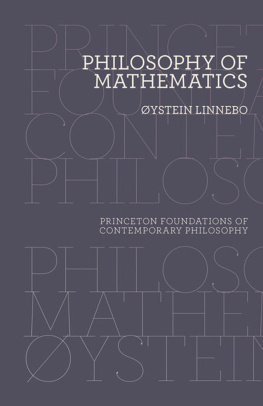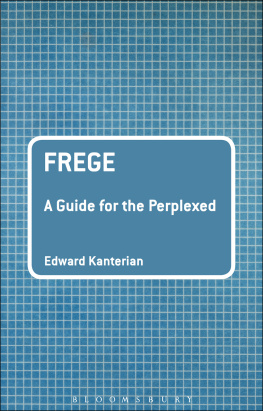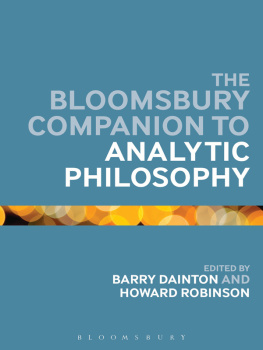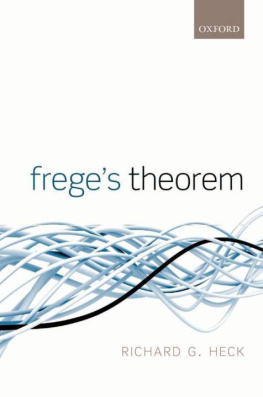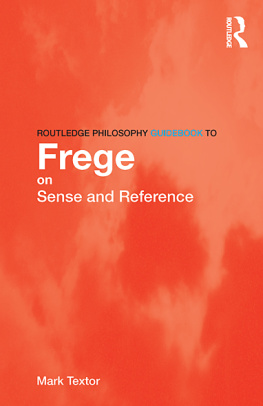Table of Contents
IDEAS EXPLAINED
Hans-Georg Moeller, Daoism Explained
Joan Weiner, Frege Explained
IN PREPARATION
Graham Harman, Heidegger Explained
David Detmer, Sartre Explained
For Mark Kaplan
Preface
Gottlob Freges writings have had a profound influence on contemporary thought. His revolutionary new logic was the origin of modern mathematical logica field of import not only to abstract mathematics, but also to computer science and philosophy. Freges new logic, however, is only one important part of his contribution to contemporary philosophical thought. Nearly his entire career was devoted to an attempt to determine the nature of our knowledge of the truths of arithmetic. And, although many of the ideas and insights developed in the pursuit of this project remain influential today, perhaps most influential of all was Freges conception of the project itself. Freges approach is widely regarded today as the origin of analytic philosophy, the dominant school in contemporary Anglo-American philosophy.
This book is a short introduction to Freges thought, designed to be accessible to those without background in philosophy, logic, or mathematics. Most of this book tells the story of the progress of Freges central project. The story begins with the motivation and conception of the project. It continues with the modifications of the logical system and underlying philosophical views that were necessary to accommodate the demands of the project, and it culminates with the discovery of the contradiction that brought the project crashing down. The final chapters deal with Freges later writings on the foundations of geometry and logic as well as the influence Freges work has had on contemporary analytic philosophy.
An earlier version of this book was originally published in Oxford University Presss Past Masters series. I was initially dubious about writing the kind of book Oxford wanted for that seriesa book without footnotes. However, I became convinced that the idea was a good one. Thus I have not sought to change this in revising and expanding the book for its new publication in Open Courts Ideas Explained seriesin spite of the fact that there are a number of current controversies both about how to read Freges writings and about the significance of his work. I have tried to indicate areas of controversy in the text. However, there is no way, in a short introduction of this sort, either to introduce the reader to the many different views about how his work should be read or to offer any satisfying defense of the particular reading that is offered. The suggestions for further reading that are included at the end of this volume are designed to help the reader fill in some of these gaps. These suggestions have been expanded to include works representing more points of view. I have also added a section with a list of the works in which I offer scholarly support for the story that I have told in this book.
This new publication has enabled me to make a number of other improvements as well. In addition to correcting some mistakes in the original and amplifying a few arguments, I have added two chapters on Freges later writings, On the Foundations of Geometry and Logical Investigations. I have also been able to incorporate recent changes in my understanding of Freges views. I am grateful to the Guggenheim Foundation and the American Philosophical Society for funding two leaves in which I was able to do the work that resulted in these changes. My thanks to Gary Ebbs, Arek Gut, Wolfgang Kienzler, and Fraser McBride for alerting me to some of the mistakes and omissions in the Past Masters volume. I would like also to thank the members of my 2004 Frege seminar at Indiana University, who made vivid the need for some other modifications, David McCarty, who answered some of my questions about Hilbert, and Joshua Alexander, who helped with the page proofs. David Ramsay Steele offered a number of helpful suggestions for making the text more accessible. Some of the details of Freges biography come from Werner Stelzners Gottlob Frege: Jena und die Geburt der modernen Logik (Verein zur Regionalfrderung von Forschung, Innovation und Technologie fr die Strukturentwicklung e. V.,1996), and Lothar Kreisers article, Alfred in Frege in Jena (Knigshausen und Neumann, 1997). I am also indebted to Gottfried Gabriel and Uwe Dathe for discussions and tours of the Frege sights in Jena. Most of all, I thank Mark Kaplan, for his detailed and invaluable comments and criticisms at every stage of writing and revision; for endless discussion; and for his unfailing faith in the project.
A Note on References
The following is a list of abbreviations, along with the titles in published English translations, that I have used in the citations of Freges writings. Freges writings are now available in a variety of published volumes in English and in German. Nearly all these volumes include the page numbers of the original publications in the margins, for writings that were published in Freges time. Thus my citations of these works are to the page numbers on which the passage appeared in the original publication. Page numbers that appear in citations of writings that were not published in Freges time are to two volumes, the volume in which these writings (Nachgelassene Schriften) are published in German and the volume in which they are translated into English (Posthumous Writings).
| MC | Methods of Calculation based on an Extension of the Concept of Quantity |
| B | Begriffsschrift |
| CN | On the Scientific Justification of a Conceptual Notation |
| FA | Foundations of Arithmetic |
| FC | Function and Concept |
| SM | On Sense and Meaning |
| CO | On Concept and Object |
| BLA | Basic Laws of Arithmetic |
| OFG | On the Foundations of Geometry |
| T | The Thought |
| PW | Posthumous Writings |
| NS | Nachgelassene Schriften |
The expression Begriffsschrift is both the name of Freges logical notation and the name of the monograph in which he first introduced logical notation. I use the expression Begriffsschrift (without italics) to refer to Freges logical notation, but Begriffsschrift (with italics) to refer to Freges 1879 monograph.
Freges Life and Character
Gottlob Frege (18481925) was born in Wismar, a German port town on the Baltic coast. In 1866, after the death of his father, who was the owner and headmaster of a private school for girls, Freges mother, who had been a teacher at the school, took over the running of the school. Frege began his university studies at Jena, where he took courses in mathematics, physics, chemistry and philosophy. After studying for two years at Gttingen, where he received his doctoral degree, Frege returned to Jena and wrote his Habilitationsschrift, a post-doctoral thesis required for university teaching. Immediately after finishing his Habilitationsschrift, he was appointed Privatdozent, an unpaid teaching position. His mother sold the school in Wismar and moved to Jena to support and live with her son.

